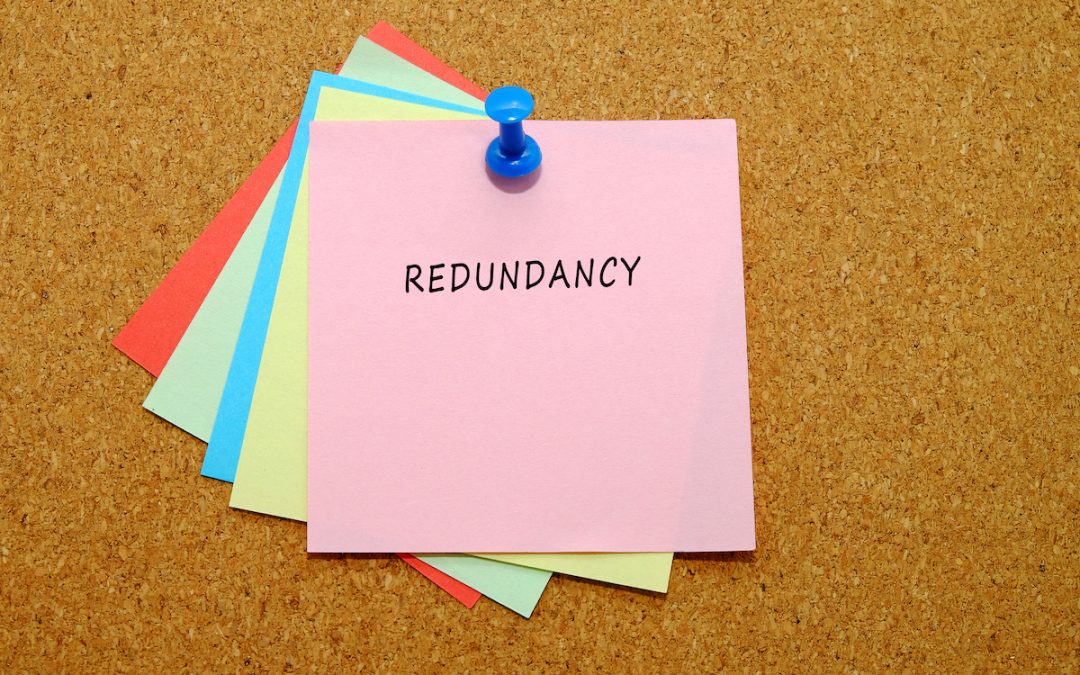A redundancy situation can occur where there is a reduced requirement for employees to carry-out work of a particular kind. Where there are a group of employees carrying out the work in question then the group would usually be pooled together by the employer with a selection process being carried-out, to work out which of those in the pool are selected for redundancy.
It is important that businesses who are facing potential redundancies turn their attention early to the question of the appropriate ‘pool’ from which they will be selecting. Even where the claimant’s job appears to be uniquely at risk, employers should be cautious before proceeding directly to conclude that it would automatically be fair to place them alone in a pool of one.
If the fairness of any resulting dismissal is challenged, the tribunal will look at whether the employer has considered the most appropriate pool for selection. If it has done so and can produce evidence that it has, then a tribunal is unlikely to look behind the business decision reached (unless it is obviously unfair or incorrect). However, if an employer isn’t able to point to documentation supporting the decision they have reached in terms of the most appropriate pool, then they will be leaving themselves vulnerable to a potential claim of unfair dismissal. The principle is discussed in the following cases:
- In Wrexham Golf Club v Ingham, the Employment Appeal Tribunal said – “the tribunal needed to stop and ask: given the nature of the job… was it reasonable for the respondent not to consider developing a wider pool of employees?”.
- In Mogane v Bradford Teaching Hospitals, the Employment Appeal Tribunal stressed the importance of consulting with the affected employee about the proposed pool for selection prior to moving forward with the redundancy process. In this case, a nurse was placed in a pool of one for selection even though she had a colleague who carried out similar work. The reason given by the Respondent was because her contract had a shorter length of time to run than that of her colleague. She was not consulted about this decision and could not challenge it.
- In Teixeira v Zaika Restaurant, the EAT stated “where a pool of one is chosen … it could be used to get rid of an unwanted employee. Accordingly, there is good reason to examine a decision to choose a pool of one employee with worldly-wise care”.
- In Blackdown Hill Mgt v Tuchkova, the tribunal found a Claimant’s dismissal to have been unfair partly owing to a failure to conduct an evaluation and selection exercise. The tribunal was not saying that it would necessarily have been wrong for the Respondent to have arrived at a pool of one, but that the unfairness lay in that question not having been considered or adequately considered.
Find out how we can help. Our partner, Jon Dunkley, heads the Wollens specialist Employment Department. Contact him today for an informal chat, without obligation on 01271 342268 or via email at [email protected].



